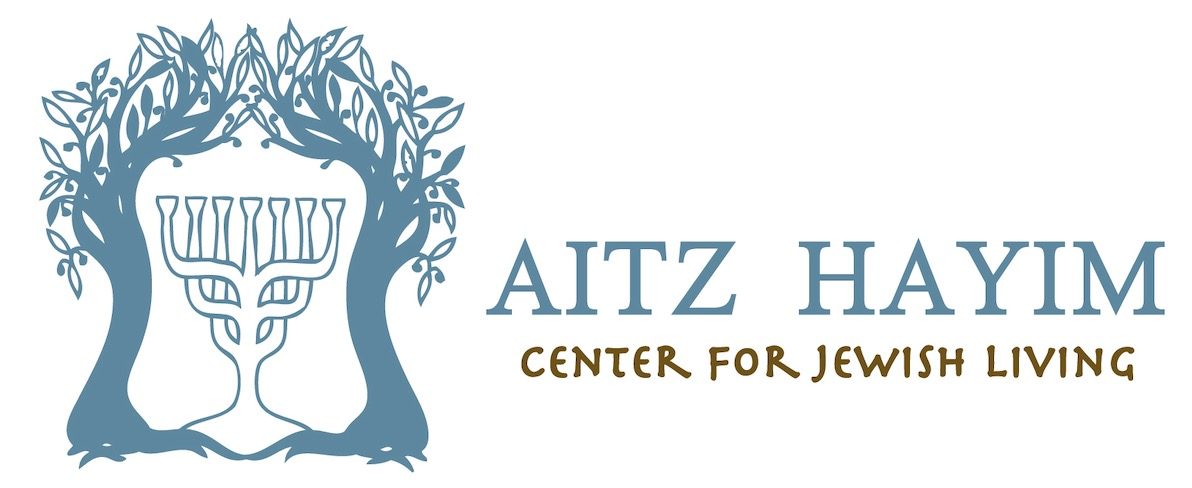Symbols and Meaning
by Max Slutsky
When my grandfather, Max Slutsky, was growing up in Russia, he wore tefillin every morning when he prayed. These are two black leather boxes that Jews put on their heads and on their arms to remember the words of the Bible that are put in each box. When he came to the United States, he refused to wear the tefillin because he thought they were imprisoning and didn’t fit with his new life.
I went to a Conservative Jewish day school for elementary and middle school. The school followed rather strict religious guidelines. The school administration expected that everybody follow the guidelines. After becoming a Bar Mitzvah, boys were expected to wear a tallis, which is a prayer shawl, and tefillin every morning.
My parents bought me a denim colored tallis in Israel and I was very happy to wear it. But I did not want to wear tefillin. I didn’t like having to bind my arms with a leather strap because I did not find that this would give me a more spiritual connection to God. I wanted to opt out of wearing this traditional religious object. Obviously the school questioned my motives. I told the principal and the rabbi that I did not feel comfortable wearing the tefillin.
Then I discussed this issue with my dad. Immediately he told me the story of my grandfather, for whom I am named. But then he asked me why I did not want to wear tefillin. I told him that they made me feel strange, not holy. He supported my decision not to wear the tefillin. But then he asked me a different question, was I uncomfortable with the leather boxes or what was inside? We talked about what was inside and I concluded that it was not the words but the leather. He suggested that maybe I should not neglect the entire tradition of wearing tefillin and we talked about how I could make my own tefillin that would be unique to me and still be acceptable.
We thought about making some kind of necklace or putting the words on a bracelet. But I did not like these ideas because anyone could do this. I wanted something that was special for me and special for the words. Those ideas weren’t very creative and more importantly did not reflect me.
Then I had an idea, what if I took a sweatband and put the parchment from the leather boxes in it? My dad had a set of worn out tefillin from an old relative. We salvaged the words written on parchment that were in the boxes and my mom sewed them into my head and arm bands.
When I brought them to school, I was expecting teachers and students to think I was crazy to wear my tefillin which were not legitimate. Actually, some people thought they were neat and others were appalled. The rabbi said he couldn’t be sure if they were kosher. And the principal agreed. But I wore them despite their opinions.
I liked wearing them. My tefillin gave me an opportunity to give meaning to my Judaism. I don’t like it when people tell me how I have to practice my religion. I don’t like it when someone, even the rabbi, tells you what things should mean. It makes you feel like an insignificant participant in something as important and individual as religion. In a way I liked being Jewish by breaking the norm. I didn’t want to just be another 13 year old boy reading a book that had no meaning, who wore tefillin because he was told to. I wanted to be a person who could be part of the community in my own way. And I thought my grandfather would have been proud of me.
